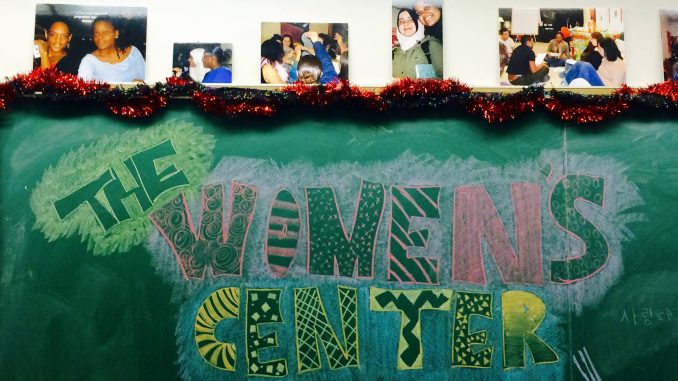
By Serin Sarsour
Anxiety and depression rates have skyrocketed within the student population as a result of the COVID-19 pandemic. The Women’s Center and Muslim Women’s Leadership Development Project (MWLDP) teamed up with Sana Shad to host a safe space where Brooklyn College students could decompress and discuss mental health via Zoom last Thursday, Dec. 2.
Shad is a clinical psychology trainee pursuing her Ph.D., working as an extern at the BC Personal Counseling Center. Although mental health was stigmatized and not talked about much in Shad’s household growing up, she is the first in her family to pursue a career in the field of psychology and urges people to open up about their mental state, especially during the pandemic.
“There’s been an increase in anxiety and depression during the pandemic for students,” Shad said during the event, sharing the results of a study CUNY administered. 2,282 CUNY students were surveyed last April and about 55 percent of them reported having depression and/or anxiety.
Shad explained that the pandemic’s negative impacts on students range from health and financial worries to losing different experiences as the boundaries between work, school, and home blurred.
Shad also highlighted that students are constantly adjusting. First with transitioning to remote learning and isolation at the beginning of the pandemic, then fast forward to now, students are learning to adjust to a semi-normal life and learning environment while still being in a pandemic.
“With the new Omicron variant, the thought that the things and places that have been opening up lately may close again is very traumatic and can cause fear in people,” Shad said.
Omicron, a new COVID-19 variant, was first detected in Botswana and South Africa in late November and has reached more than a dozen states in the US, including NY, according to The New York Times. However, more research must be done to determine how contagious and serious the Omicron variant truly is.
Shad noted that she hopes the forum and interactive discussion will help demystify mental health, develop balance in a virtual learning environment, and connect BC students with resources.
To help make people aware of when they are “out of balance” in their lives, Shad shared some signs one should look out for. Headaches, sleep disturbances, changes in appetite, and/or heart palpitations, can all be physical signs of imbalance. Emotionally, one may also experience depression, anxiety, and/or feelings of powerlessness and resentment. Avoiding social activities and/or self-medication can potentially indicate someone being out of balance with their personal life and relationships, Shad explained.
“Create your own boundaries and structures for school, work, and your personal life,” Shad said. “By doing so, you are putting in place – somewhat artificially – the structure and routines that the pandemic took away from you.”
Shad prompted those in need to seek the personal counseling available at BC. “We administer crisis intervention, group counseling, skill workshops, and so much more. It’s all free to Brooklyn College students and everything remains confidential,” she said.
